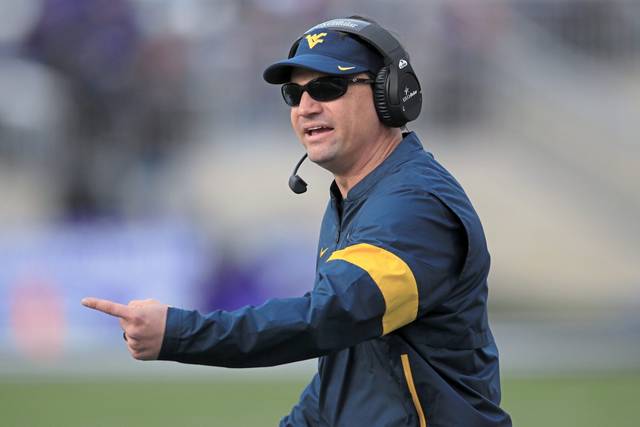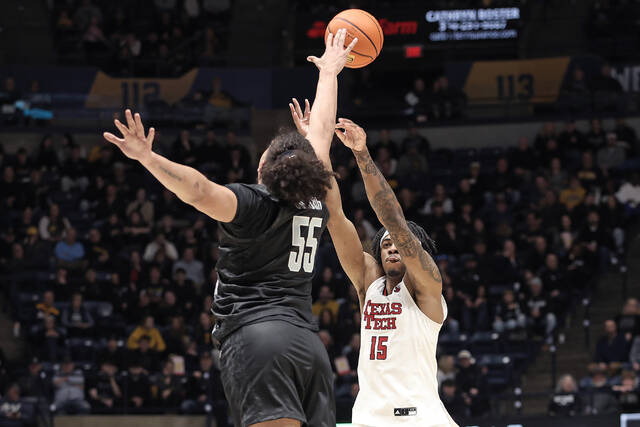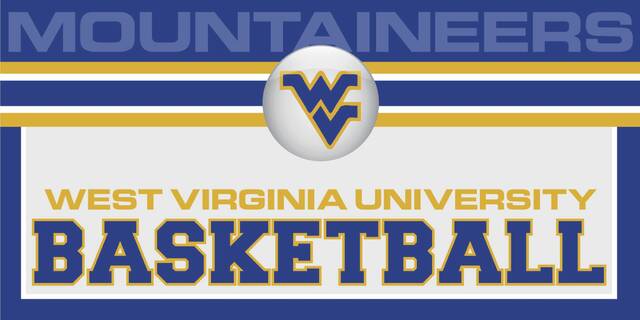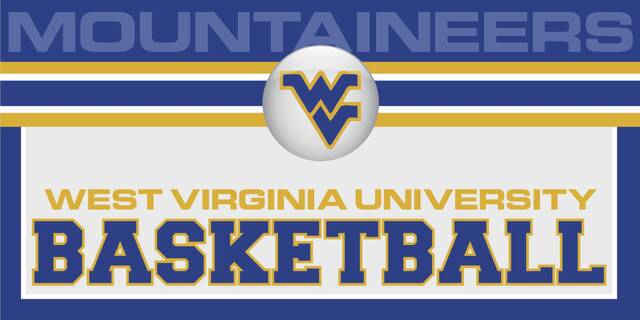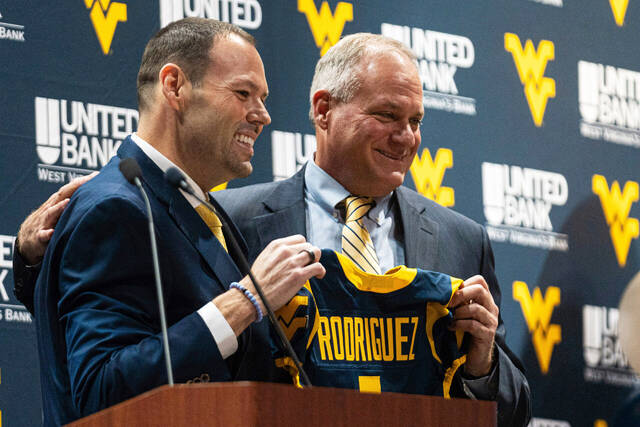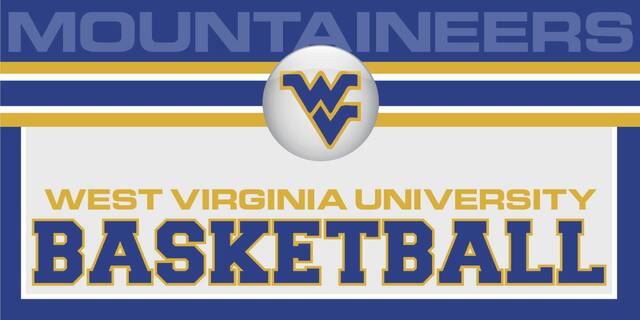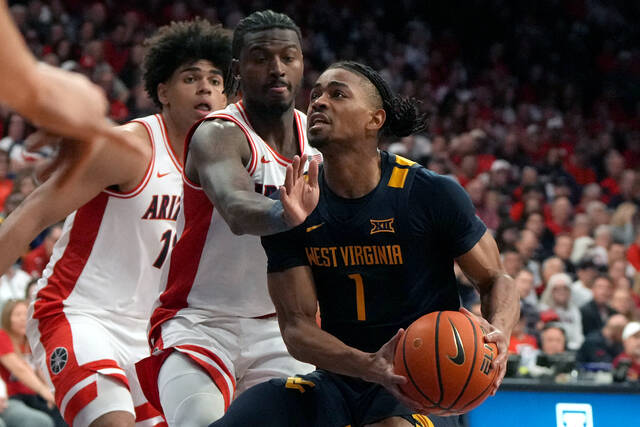Neal Brown knows he’s falling behind.
Physically separated from his players, staff and administrators, the West Virginia football coach knows the days lost in the spring are days that can’t be recovered.
But while dealing with what he calls “a worldwide tragedy,” Brown hopes to find some positive lessons amidst the covid-19 shutdown.
“How you handle this will have a distinct impact on how your team performs in the fall, or whenever we play,” he said.
It starts with the players. Brown was able to conduct only two of 15 scheduled spring practices before sending players home, where they must prepare for the season on their own.
Brown thinks it might allow them to grow up and become leaders more quickly than what he had anticipated. To that end, Brown expects players to handle daily responsibilities as if they were back on campus.
They have workouts coaches can’t monitor, but they must attend virtual meetings. And Brown doesn’t want them getting in front of their computers or iPads for those Zoom sessions, looking like they just rolled out of bed (even if they did).
“Make sure they’re sitting down, make sure they have something to write with, to write on,” he said. “Make sure they’re dressed appropriately and in the mindset of learning.”
Brown, entering his second season at West Virginia, hopes to use this hurdle as an avenue toward his own personal growth.
“Being able to spend this time with my family is something I’ve really enjoyed. I wish it didn’t happen under these circumstances,” he said.
Although his days are packed with meetings and phone calls, he still has found time to take his 5-year-old son, Dax, into the yard to teach him to throw and hit a baseball. He said it’s “definitely harder to do than teaching a quarterback who to throw it to when they’re open.”
It also has given him a new appreciation for several things he might otherwise take for granted.
“A new appreciation of all the stuff that goes on in the house that I never really thought about,” he said. “Probably a new appreciation of my wife.”
With daughters Adalyn and Anslee doing distance learning of their own, Brown said he has gained a new respect for their teachers.
“Actually, taking some of their ideas that they’re using and try to incorporate with our team,” he said.
Of course, there are negative consequences that can’t be avoided.
When he was asked how missing spring and summer workouts will affect the Saturday product in the fall, he said, “The quick answer is ‘I don’t know. I never had to do this before.’ ”
But there will be issues.
“We had two spring practices,” Brown said. “Some (schools) haven’t had any. Some have had seven to 10 practices and a couple that were all the way done with spring football. It’s really kind of uneven across the board.
“The biggest thing you’re losing in this is repetitions. The biggest thing you can’t make up is the timing of the plays that you get in the spring.
“Even without coaches, the stuff the kids do on their own in the summer, you don’t get those back.
“I think early in the season, the product, I don’t know if your regular fan will be able to tell as much. But I don’t think the product will maybe be as clean.
“I think as you get to the mid part of the season, I don’t think you’ll see much fall-off. I think what you’ll see also is probably programs being a little bit more basic. You don’t have much time to teach and rep the things you normally would.”
No one knows when coaches and players will return to work, but Brown does know there must be an acclimation period before summer camp opens.
“You’re probably looking at four weeks or so to get yourself in shape,” he said. “Your big guys have to get in a position where they can have strength and be able to have impact. Your skill guys have to get in more of a cardio, be able to have short bursts.”
Failing to allow enough preparation time could lead to injuries, he said.
“You have to have some kind of lead-in to fall camp just because how short it is now,” he said. “If you don’t, you put your players at a risk of soft-tissue injuries, even maybe into the concussion realm because so much of concussions is what you do through your neck and really training those type of muscles.”


